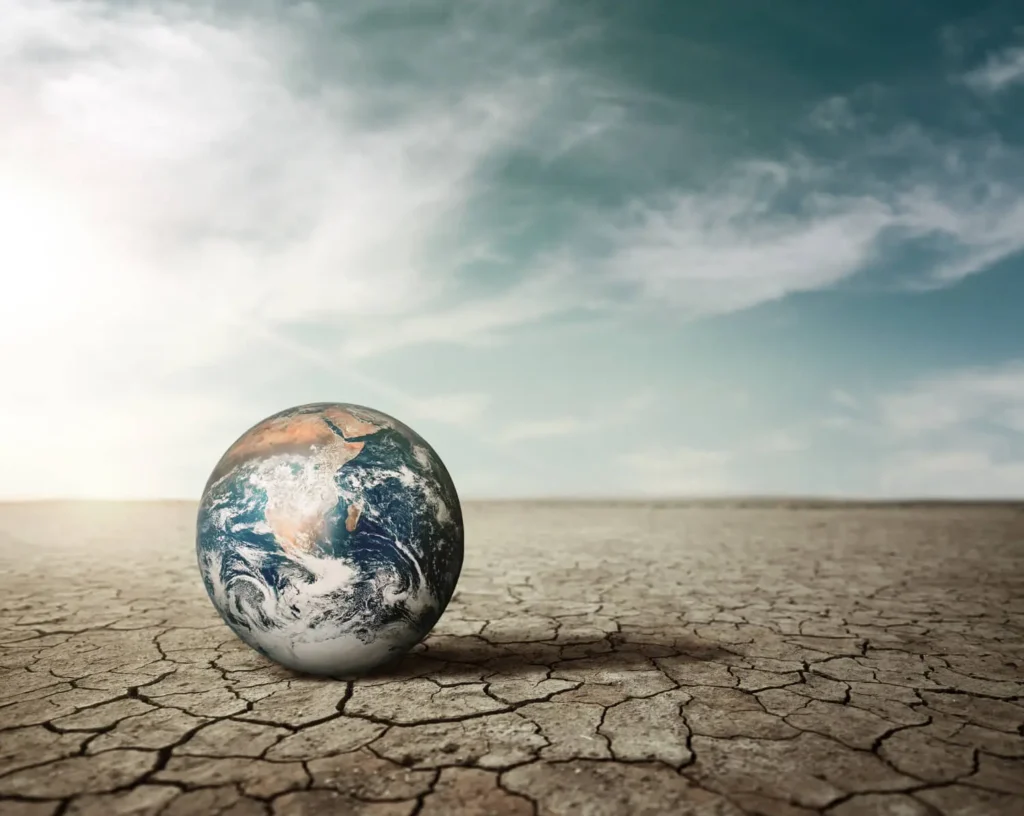The Urgent Need for Climate Action: A Global Perspective
In recent years, the call for urgent climate action has become increasingly loud and clear. As global temperatures rise, the effects of climate change are being felt worldwide, impacting ecosystems, economies, and communities. From devastating wildfires in Australia to severe flooding in Europe, the signs of a warming planet are unmistakable. This article explores the critical need for immediate and sustained climate action on a global scale. The Current State of the Climate The Intergovernmental Panel on Climate Change (IPCC) has repeatedly warned that the world is on a trajectory to exceed 1.5°C of warming above pre-industrial levels within the next few decades if significant measures are not taken. This threshold is crucial; surpassing it could lead to irreversible changes in the climate system, including more extreme weather events, rising sea levels, and the loss of biodiversity. The last decade has been the hottest on record, with 2020 tying 2016 as the warmest year. Ice sheets in Greenland and Antarctica are melting at alarming rates, contributing to rising sea levels. Meanwhile, the frequency and intensity of hurricanes, heatwaves, and wildfires are increasing, causing widespread destruction and loss of life. The Human Impact Climate change disproportionately affects the most vulnerable populations. Developing countries, which contribute the least to global emissions, often suffer the most from climate-related disasters. These events can lead to food and water insecurity, displacement, and exacerbation of poverty. For instance, small island nations like the Maldives face existential threats from rising sea levels, while drought-stricken regions in Africa struggle with food shortages. In addition to these immediate impacts, long-term health consequences are emerging. Poor air quality resulting from increased pollution and wildfires contributes to respiratory and cardiovascular diseases. Heatwaves pose significant risks to public health, particularly for the elderly and those with preexisting conditions. The Economic Cost The economic cost of inaction is staggering. According to a report by the World Bank, climate change could push 100 million people into poverty by 2030. The economic damages from natural disasters are also escalating. For example, the 2017 Atlantic hurricane season caused over $280 billion in damages, making it the costliest season on record. Investing in climate resilience and mitigation is not only a moral imperative but also an economic necessity. Transitioning to renewable energy sources, improving energy efficiency, and implementing sustainable agricultural practices can create jobs and drive economic growth. The global shift towards a low-carbon economy presents an opportunity to build a more sustainable and equitable future. Global Action and Commitments International cooperation is crucial in addressing the climate crisis. The Paris Agreement, adopted in 2015, marked a significant milestone in global climate efforts. Countries committed to limiting global warming to well below 2°C and pursuing efforts to keep it below 1.5°C. However, current national commitments fall short of achieving these goals. In November 2021, the COP26 summit in Glasgow brought renewed attention to the need for stronger climate action. Nations were urged to update their Nationally Determined Contributions (NDCs) and commit to more ambitious targets. The summit highlighted the importance of phasing out coal, reducing methane emissions, and increasing climate finance to support developing countries. The Role of Individuals and Communities While governments and corporations play a crucial role, individuals and communities also have a significant impact. Personal choices, such as reducing energy consumption, minimizing waste, and supporting sustainable products, contribute to the broader climate effort. Grassroots movements and local initiatives are driving change from the ground up, demonstrating the power of collective action. Educating and empowering the next generation is equally important. Schools and universities are integrating climate education into their curricula, preparing young people to lead in a world increasingly shaped by climate change. Advocacy and activism, often led by youth, are vital in holding leaders accountable and pushing for systemic change.

